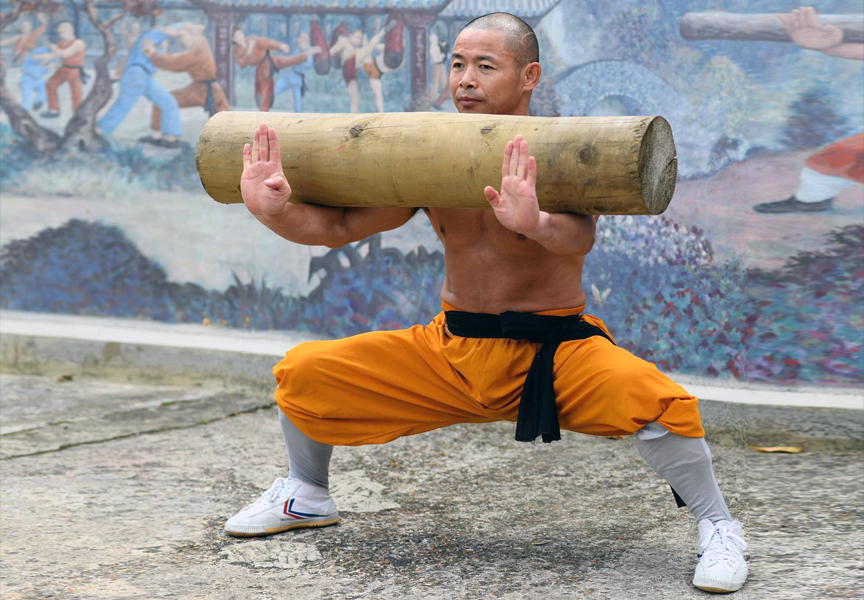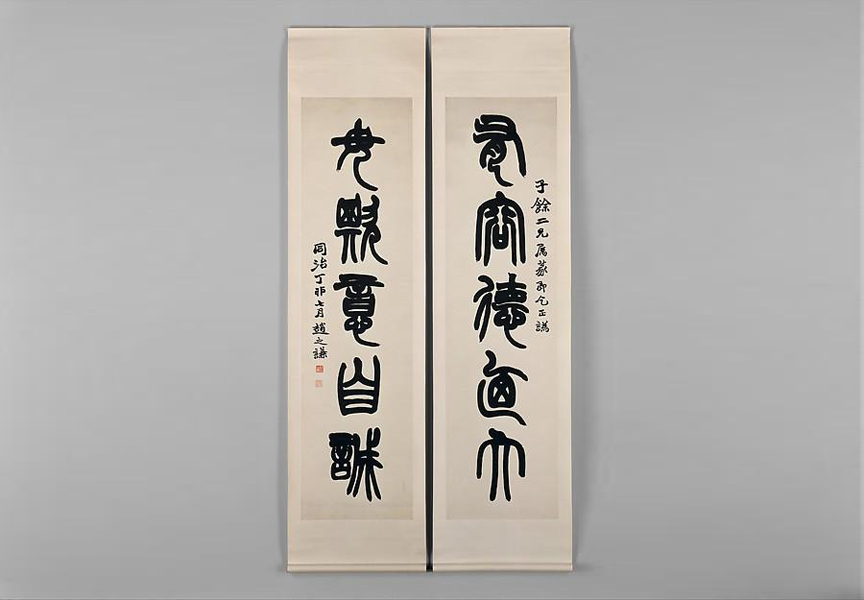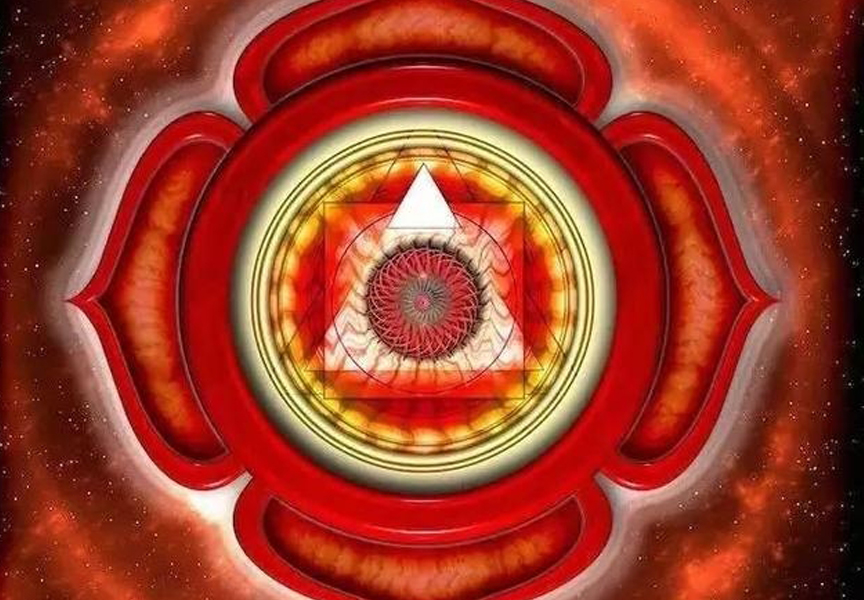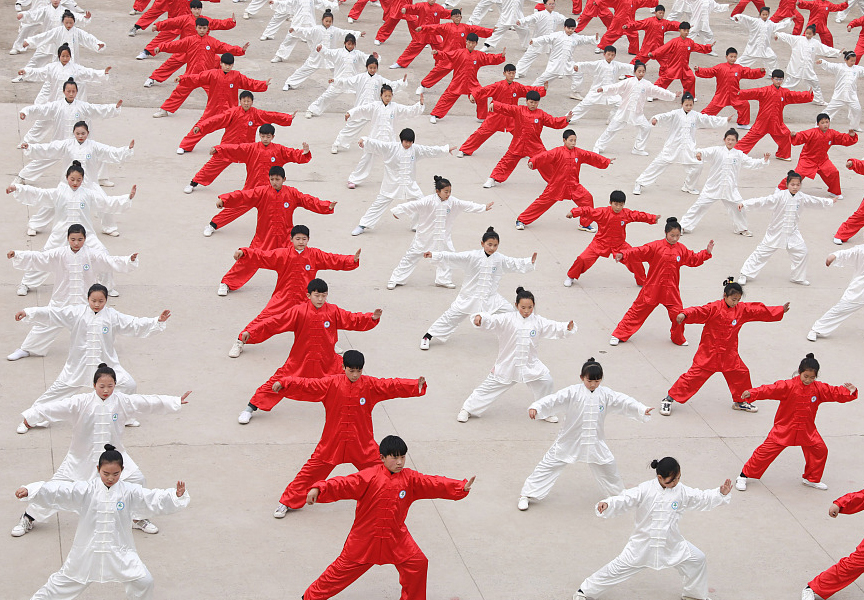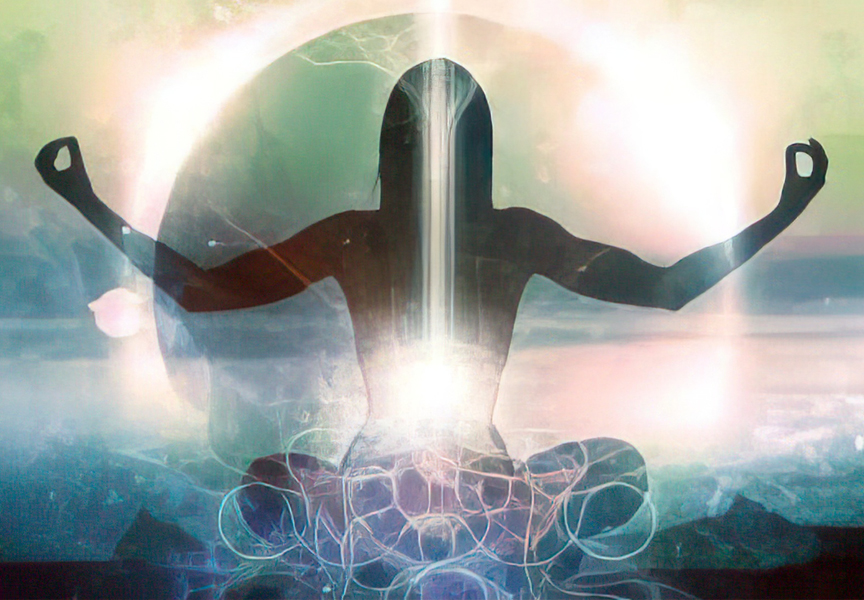In the realm of ancient Chinese philosophy and medicine, one concept has captured the imagination and curiosity of many for centuries - Qi [Chin.: Qì 气]. Often spelled as "chi" and pronounced as "chee," Qi is a fundamental and vital force that is believed to flow through all living things, shaping our physical, mental, and spiritual well-being. While Qi might sound esoteric to some, its cultivation and understanding play a central role in traditional Chinese medicine, martial arts, and spiritual practices. In this article, we will delve into the concept of cultivating Qi and explore some practical ways to harness this vital energy.
Understanding Qi
Qi is a fundamental concept in traditional Chinese philosophy and medicine, and its roots can be traced back over 2,000 years to ancient texts such as the Yellow Emperor's Classic of Internal Medicine [Chin.: Huángdì Nèijīng 黄帝内经]. In the context of traditional Chinese thought, Qi is often described as the life force or vital energy that animates living beings. It is considered to be the essence of life itself.
Qi flows throughout the body via a system of channels or meridians, influencing the functioning of our organs and maintaining our overall health. When Qi flows freely and harmoniously, one experiences physical health, mental clarity, and emotional balance. Conversely, blockages or imbalances in the flow of Qi can lead to illness, discomfort, and disquiet.
Cultivating Qi
Cultivating Qi involves practices aimed at promoting the harmonious flow and balance of this vital energy. There are various ways to achieve this, and they are deeply rooted in the rich tradition of Chinese culture. Here are some key practices for cultivating Qi:
Qigong [Chin.: Qìgōng 气功]: Qigong is a mind-body practice that combines slow, flowing movements, deep breathing, and meditation. These exercises are designed to promote the flow of Qi throughout the body, strengthen the body's energy, and enhance overall health. There are numerous styles of Qigong, each focusing on specific aspects of Qi cultivation.
Tai Ji Quan [Chin.: Tàijí quán 太极拳]: Tai Ji Quan is a martial art that has evolved into a graceful and meditative exercise. It is often described as "moving meditation." The slow and fluid movements of Tai Chi help to balance and strengthen Qi while improving balance, flexibility, and mental focus.
Acupuncture [Chin.: Zhēn cì 针刺]: Acupuncture is a therapeutic technique that involves the insertion of fine needles into specific points on the body. By stimulating these points, acupuncture aims to restore the balance of Qi and alleviate various health issues.
Chinese Herbal Medicine [Chin.: Cǎoyào 草药]: Chinese herbal medicine utilizes various herbs and natural substances to restore balance in the body and promote the harmonious flow of Qi. Herbal formulas are carefully tailored to an individual's unique constitution and health concerns.
Meditation [Chin.: Míngxiǎng 冥想]: Mindfulness meditation and other forms of meditation practices help individuals become more aware of their internal energy and promote the harmonious flow of Qi. Meditation can also reduce stress, anxiety, and promote mental clarity.
Diet and Nutrition [Chin.: Yǐnshí yǔ yíngyǎng 饮食与营养]: Traditional Chinese medicine emphasizes the importance of a balanced diet to support the flow of Qi. Specific foods are believed to nourish and harmonize the body's energy, and dietary recommendations are made accordingly.
Breathing Exercises: Deep, mindful breathing exercises can help to regulate and enhance the flow of Qi. Practices like abdominal breathing and breath control (known as pranayama in yoga) can be highly effective in cultivating Qi.
The Modern Perspective
While the concept of Qi may seem mystical or even pseudoscientific to some, it's worth noting that many of the practices associated with Qi cultivation have been studied and found to have measurable health benefits. For example, Qigong and Tai Chi have been shown to improve balance, reduce stress, and enhance overall well-being. Acupuncture is widely used to manage pain and a variety of health conditions. Even the dietary principles of traditional Chinese medicine are aligned with many aspects of modern nutritional science.
In conclusion, cultivating Qi is about achieving balance and harmony within the body, mind, and spirit. While it may have its roots in ancient Chinese philosophy and medicine, many of the practices associated with Qi cultivation have proven to be effective tools for enhancing health and well-being. Whether you're looking to alleviate stress, enhance your physical fitness, or explore the realms of spiritual growth, understanding and practicing Qi cultivation can be a valuable journey towards achieving a more balanced and vibrant life. So, consider exploring the ancient wisdom of Qi for a healthier, more harmonious you.